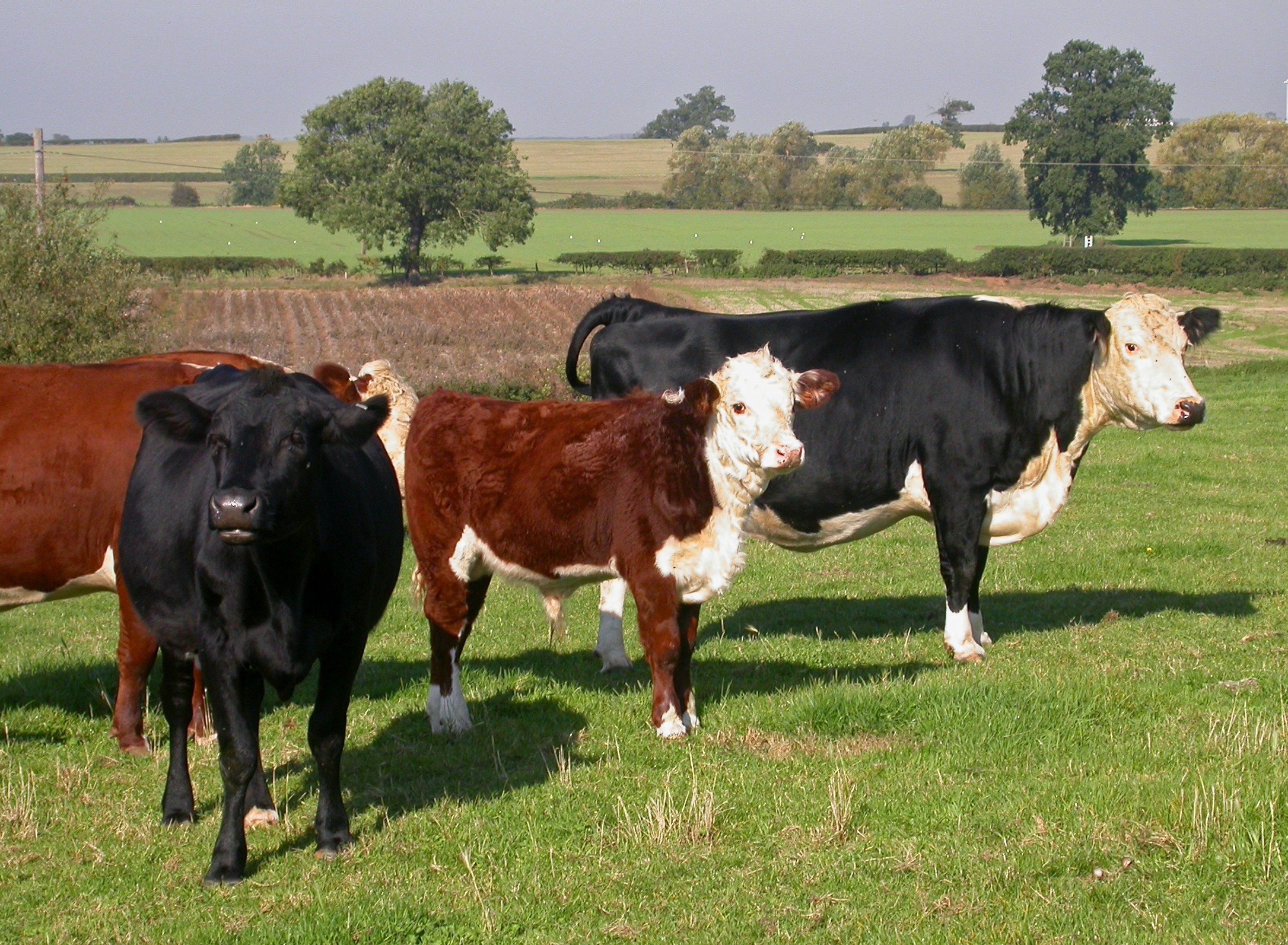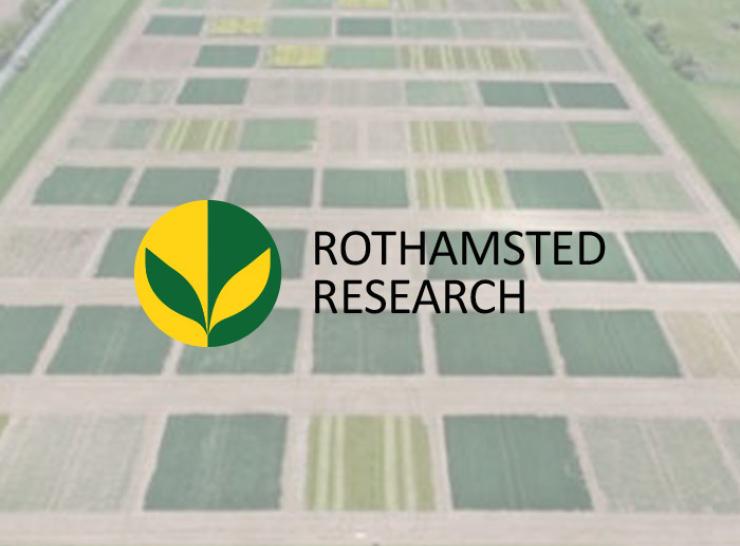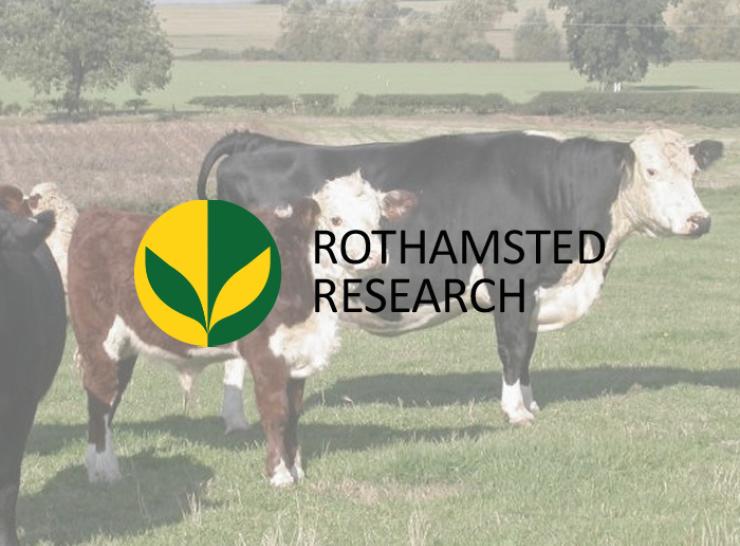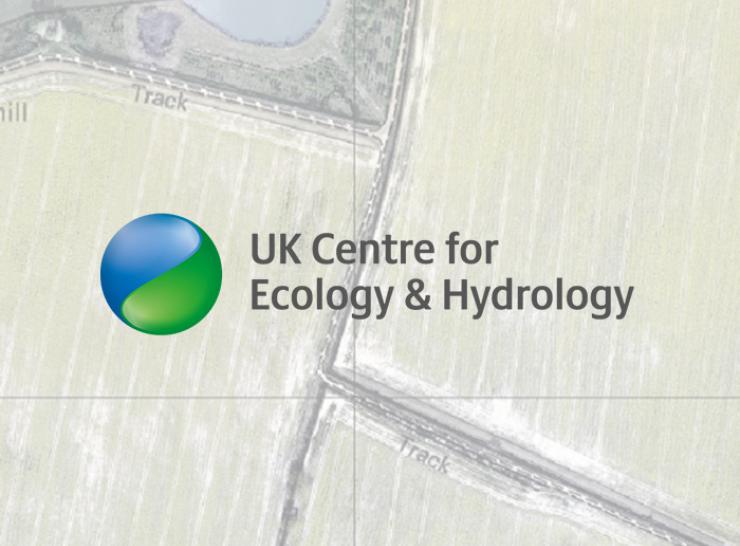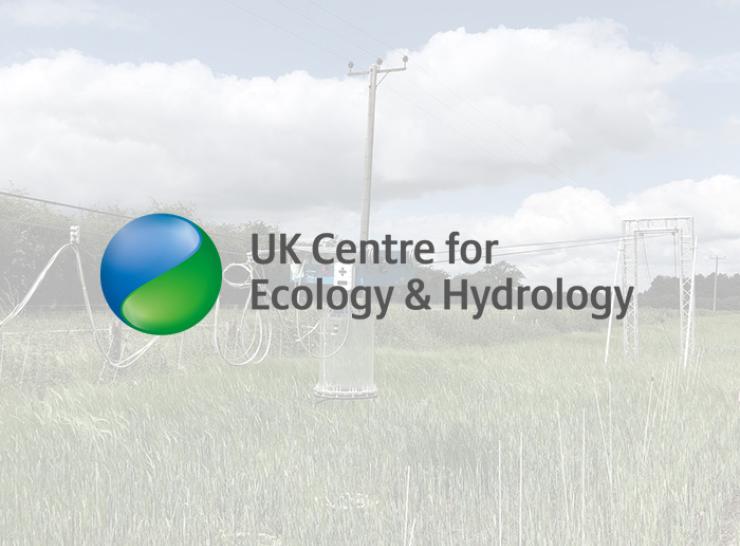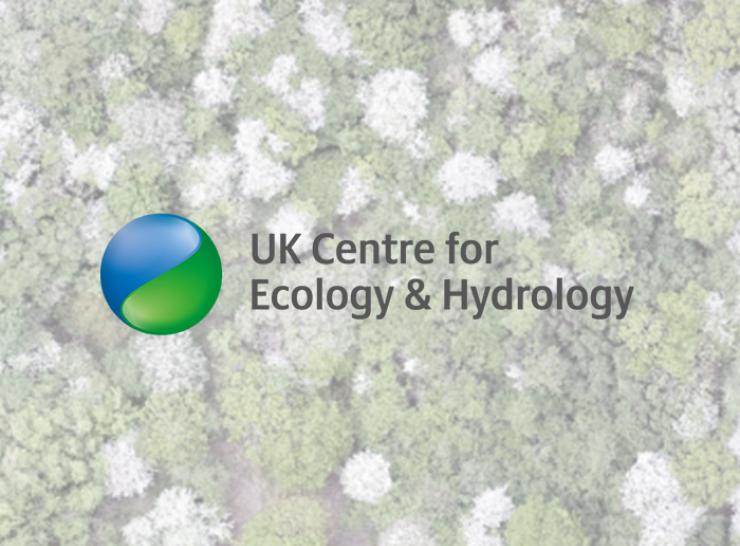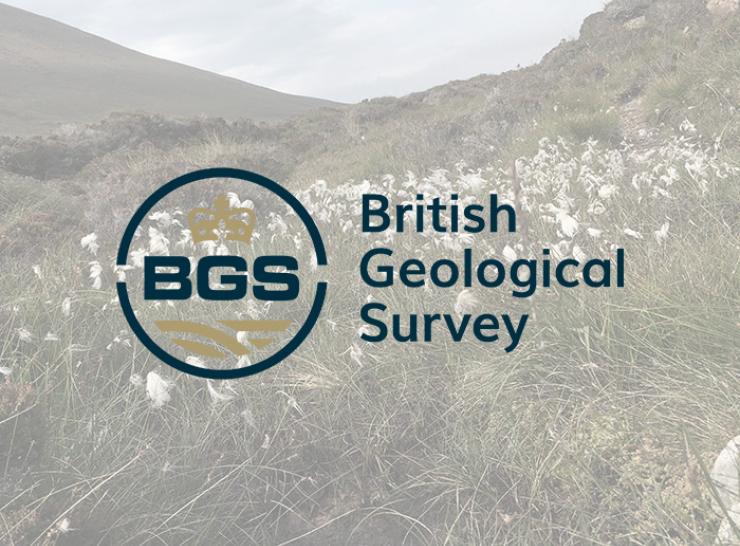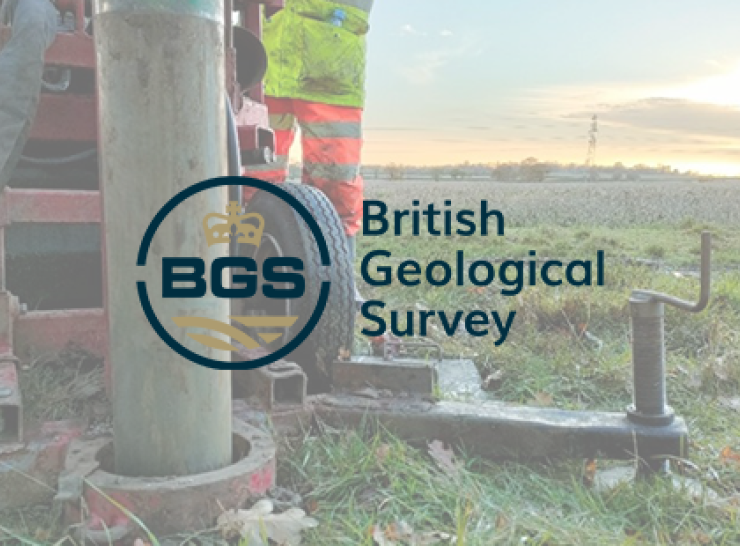AgZero+ is using experimental platforms hosted by the five partner institutes, together with new knowledge from the innovative farms, to identify opportunities and co-design new practices to improve the efficiency of production and reduce negative impacts on the environment.
Detailed and high frequency measurements will take place in plot- and field-scale experiments at a small number of farms. In addition to those described for the innovative farms, these include Sykline 2d autochamber measurements and GHG flux towers. The design of the platforms and intensive monitoring across contrasting systems, from livestock to arable cropping to whole catchment basins, help us to quantify the relative benefits of different approaches for production and the environment.
